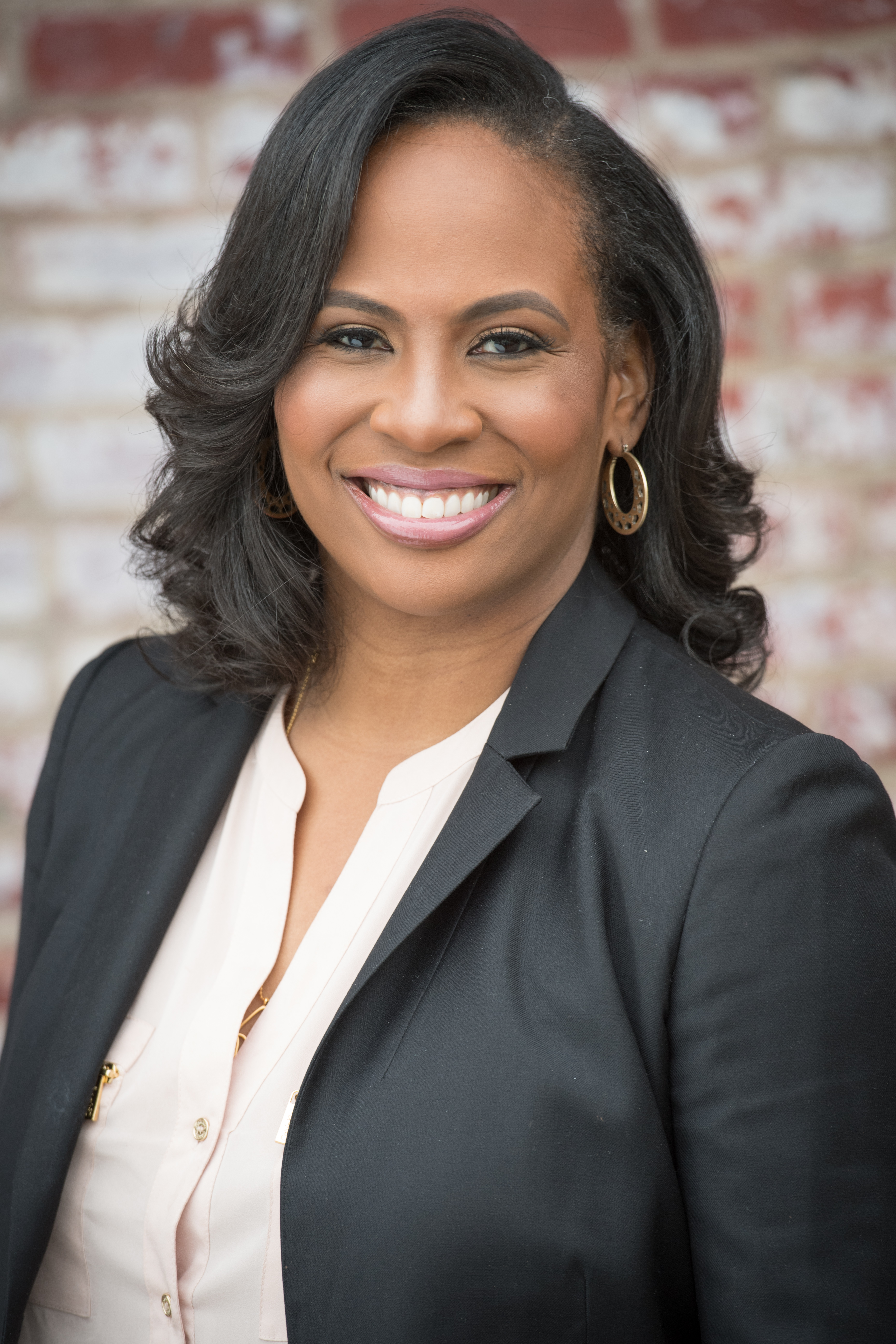Since 1934, the Apollo Theater has been an anchor of the civil rights and social justice movement. This important work continues with our Sounds of Social Justice Initiative, which is comprised of artist-led projects that wrestle with, illuminate and foster dialog on social justice.
In today’s fractured political climate, the fight for social justice is as important and relevant as at any time in our history. Apollo Executive Producer, Kamilah Forbes, explains the urgency and importance of this initiative.
How did the idea or concept develop?
It was timely in that we had just stepped into the era of Trump, and still live in the era of Trayvon Martin and Michael Brown. So we asked ourselves, how are we responding to the world around us, and how are we making sure our issues as a community and our conversations remain at the forefront of public consciousness?
How is this an extension of the Apollo mission and vision?
We're not only a convener of people but we're a convener of our people, our culture; be that Harlem, African-American, New York City, or American. We have to make sure that we're paying attention to what's happening around us and I think the Apollo has always done that. We’ve always been the authentic voice of the people, the voice of the community, and we have to make sure that that tradition continues.
What does the phrase mean to the Apollo and also to the artistic community in NYC?
The end of the month is Nina Simone's birthday, and Nina always stated that an artist’s duty is to reflect the times. If you’re an artist and not reflecting the times, then you’re clearly not doing your job. Likewise, if we’re an arts institution and not reflecting the times, then we're clearly not proving our relevancy and we should cease to exist. That's what I truly believe, and that’s not a critique for any other institution, but I think it's important that we take that to heart.
What do you hope to be the result of this initiative in the short and long term? What can people expect?
We’re really looking to be agents of social change and highlighting artists whose work brings about social change. There are artists in communities all around this country that are doing the work and we’re shining a light on them.
What intended ripple effect will it have on the larger artist/activist community?
The ripple effect is that more light is paid to artists who affect social change – who are doing the important work. It's not art for art’s sake. I don't think we have that luxury right now. I don’t think we as black people have ever had that luxury, and I think it's important that we and other institutions and policy makers recognize that and the power of the arts to incite change.
Are there any artists that come to mind that are the epitome of this sound?
Stacy Anne Chin, Toshi Reagon, Marc Bamuthi Joseph, Daniel Bernard Roumain, Lauren Whitehead, Ta-Nehisi Coates, Paolo Mendoza, Jennifer Johns, Crystal Monee Hall, all the artists from Afro Punk, and all the artists that were in our season. These are the artists that will circle in our sphere not only this season but in future seasons.
Do you think we're changing things or just preaching to the choir?
I think we’re always changing things, and because of the power that artists have, there will always be change and movement. What art has an opportunity to do so is to elicit human empathy, and that’s the only way I think we can talk to people who are not part of our choir - we truly tap into that idea of human empathy. It's not just touchy feely, we have to understand them to gain their love, trust, and respect. Empathy is a powerful tool.
What can people expect with sounds of social justice?
Transformation. You should leave the Theater transformed. Even if that transformation is leaving with more questions then you came in with.

